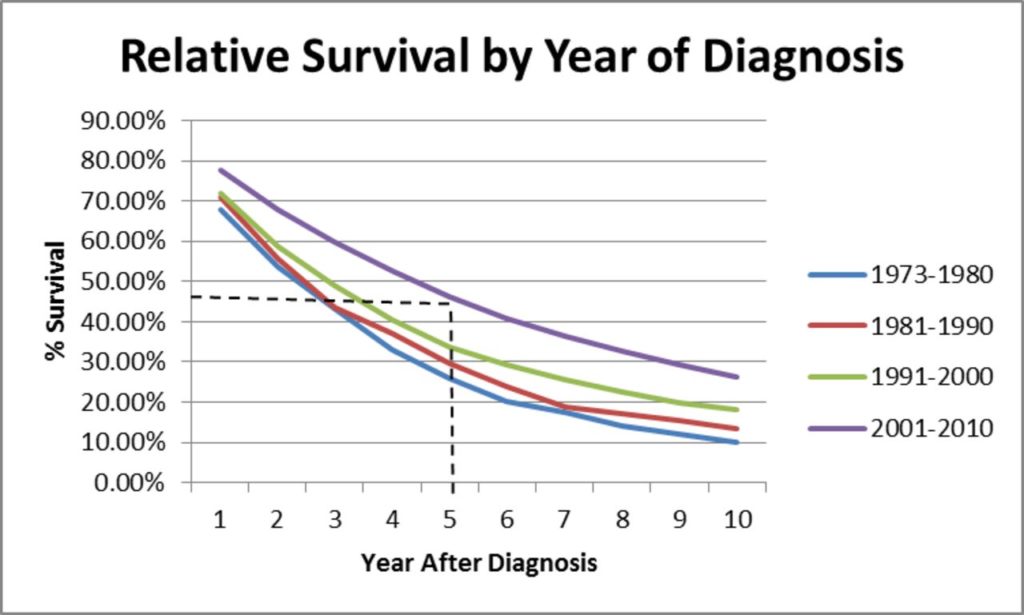“In approving new cancer drugs, the US Food and Drug Administration (FDA) is now heavily relying on surrogate markers of effectiveness, such as tumor shrinkage, instead of proof that an agent improves survival, according to a new analysis.
The investigators conclude that this might be having a deleterious effect on patients, public health, and healthcare costs.
“Our results suggest that the FDA may be approving many costly, toxic drugs that do not improve overall survival,” write Chul Kim, MD, MPH, from the National Cancer Institute (NCI), and Vinay Prasad, MD, MPH, from the Knight Cancer Center at the Oregon Health and Sciences University in Portland.
Their analysis showed that 36 of 54 (67%) cancer drug approvals from 2008 to 2012 were made on the basis of surrogate markers — either tumor response rate or progression-free survival, in about equal frequency.
The team’s research letter was published online October 19 in JAMA Internal Medicine.
“Doctors must remember that only two things matter in patient care: living longer and living better. Surrogate end points address neither issue head on, and always require follow-up,” Dr. Prasad told Medscape Medical News…
“Cancer drugs are good at killing cancer cells,” Dr. Zuckerman told Medscape Medical News. Thus, tumors respond to the toxic agents and die or shrink, which is typically captured by radiographic imaging and is reported as an overall rate in clinical trials. But the problem is that they also kill healthy cells, and overall survival might not improve.
“It’s important to know if the patient will live longer,” she said.
In their study, half the drugs (18 of 36) approved on the basis of surrogate markers were eventually found to not improve survival, Drs Kim and Prasad report…




